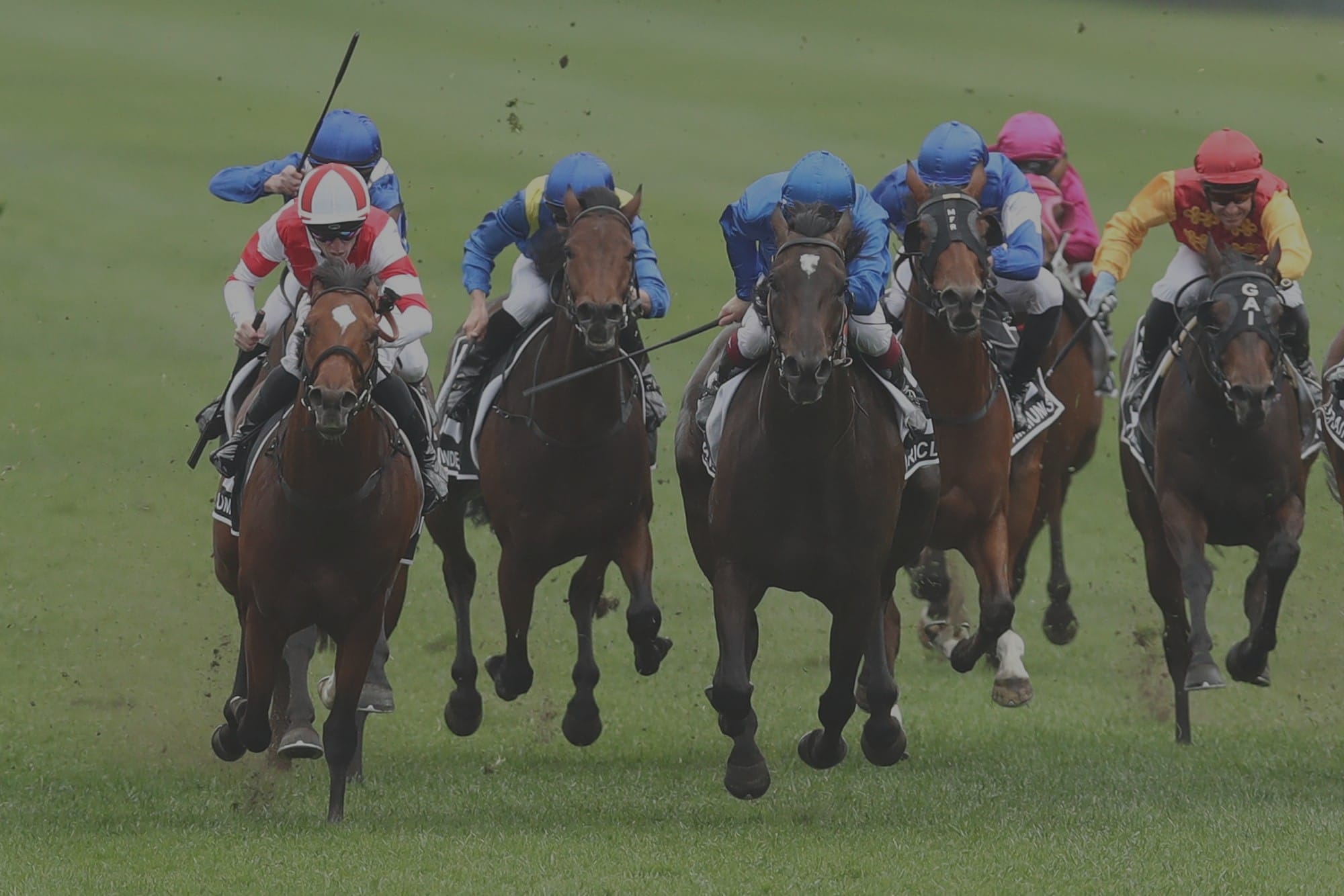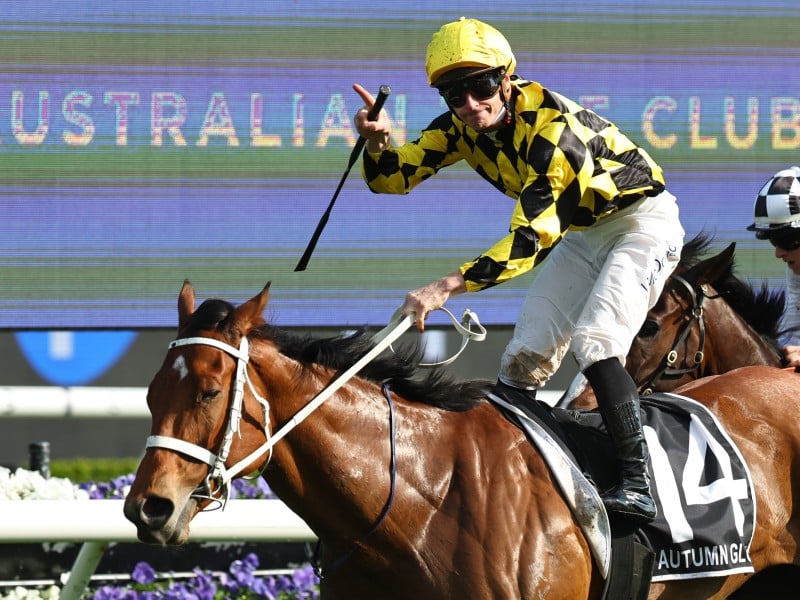PRAs ready to deal with bookies over product fees
As wagering on racing in Australia faces a crucial battle for market share, some Principal Racing Authorities are conceding that existing race fields fees are too high and are working with corporate bookmakers to come up with a revised regime.
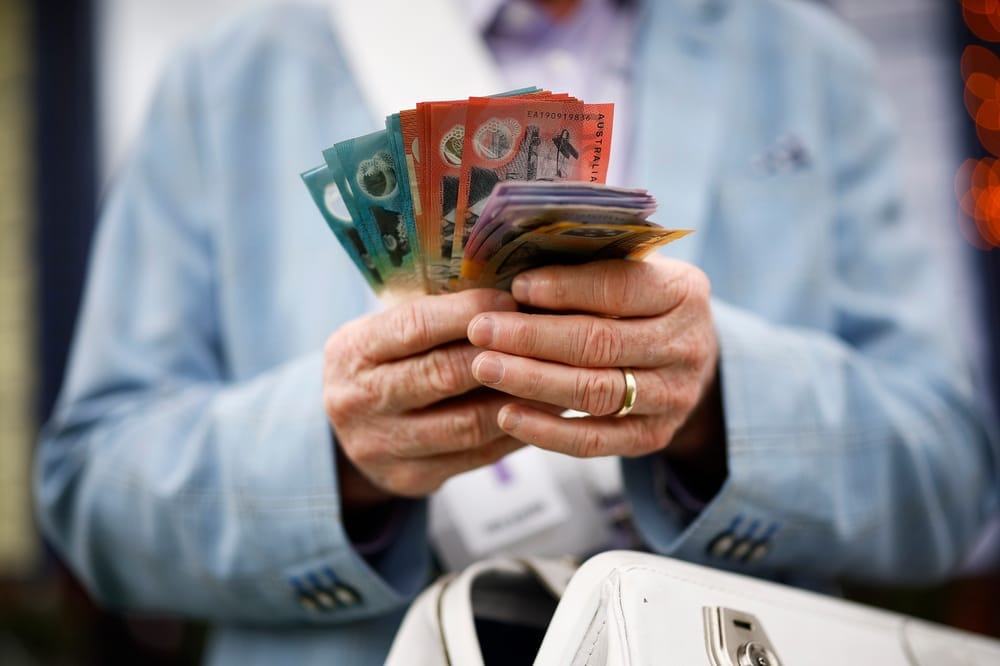
The wagering downturn in Australia in the past two years has been primarily driven by falls in racing investment, with several major operators reporting that while sports betting has continued to grow, racing is going the other way.
One bookmaker, PointsBet, reported in its annual earnings call recently that it is trending towards a 50-50 split between sports and racing wagering turnover, something that seemed highly unlikely before the pandemic boom, when the broader market split was more like 80-20 in racing’s favour.
The key for bookmakers is that the compounding impact of race fields fees on top of point of consumption taxes (POCT) has made racing a less appealing gambling product. Market percentages have continually moved north, impacting punters’ returns.
In comparison, the product fees charged on local sport leagues like the AFL and NRL are much less, while they are even more minimal on overseas leagues like the NBA and NFL, meaning bookies are happy to encourage punters to bet on those sports.
Rising POCT appear to be impacting racing turnover much more significantly, with Victoria’s jumping to 15 per cent as of July this year. NSW is also at 15 per cent, but under review.
New Racing Victoria chief executive Aaron Morrison is campaigning strongly for the state government to rule out rising POCT again, fearful of what it will do for racing turnover.
Reducing its fees is one of the few levers the racing industry can pull in this increased taxation landscape.
PointsBet Group chief executive Sam Swanell indicated in his recent earnings call, that the conversation regarding product, or race field fees, is starting to happen.
“Principal Racing Authorities are now acutely aware that increases in Point Of Consumption taxes have led to material decreases in advertising and promotion support for racing codes and hence lower actives and turnover,” he said.
“Some Principal Racing Authorities have acknowledged the need to lower race field fees to offset the impact of higher Point Of Consumption taxes and to lower the overall cost of selling racing bets.”
This discussion has also been confirmed by PRAs, who are willing to look at their models, something Swanell said is a huge positive for the future of racing wagering in Australia.
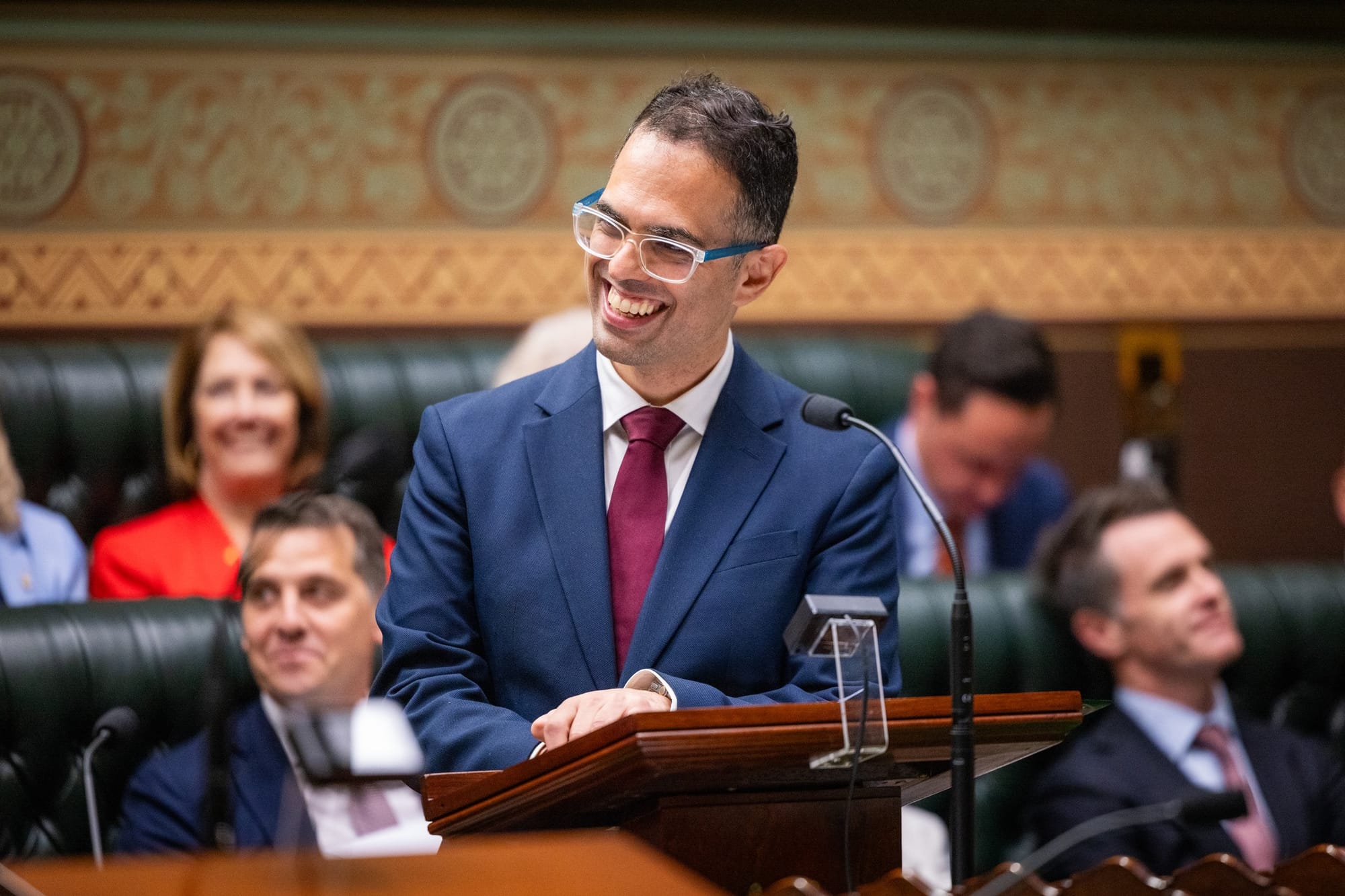
“Obviously racing has been a challenge for bookmakers. We’ve grown single digits worth of sport, we’ve grown strong double digits, but I think most other operators were probably negative on racing growth,” he said.
“So the racing industry doesn’t like that, that could have impacts on prize money and the like, so they’re looking to stimulate racing turnover and racing revenue growth
“That’s good after we’ve had years of the product-free regime coming in, and then obviously being complemented by the Point Of Consumption Tax regime coming in and some of those Point Of Consumption taxes going up.
“I think it’s valuable now that there’s probably recognition that Laffer curve type analysis that we’re at that point, and so perhaps it’s time to be looking at an innovation rather than just bluntly putting up any fees and taxes.”
The Laffer curve details the theoretical relationship between rates of taxation and the resulting levels of the government’s tax revenue. The return from taxation begins to decline at some point as taxation inhibits investment.
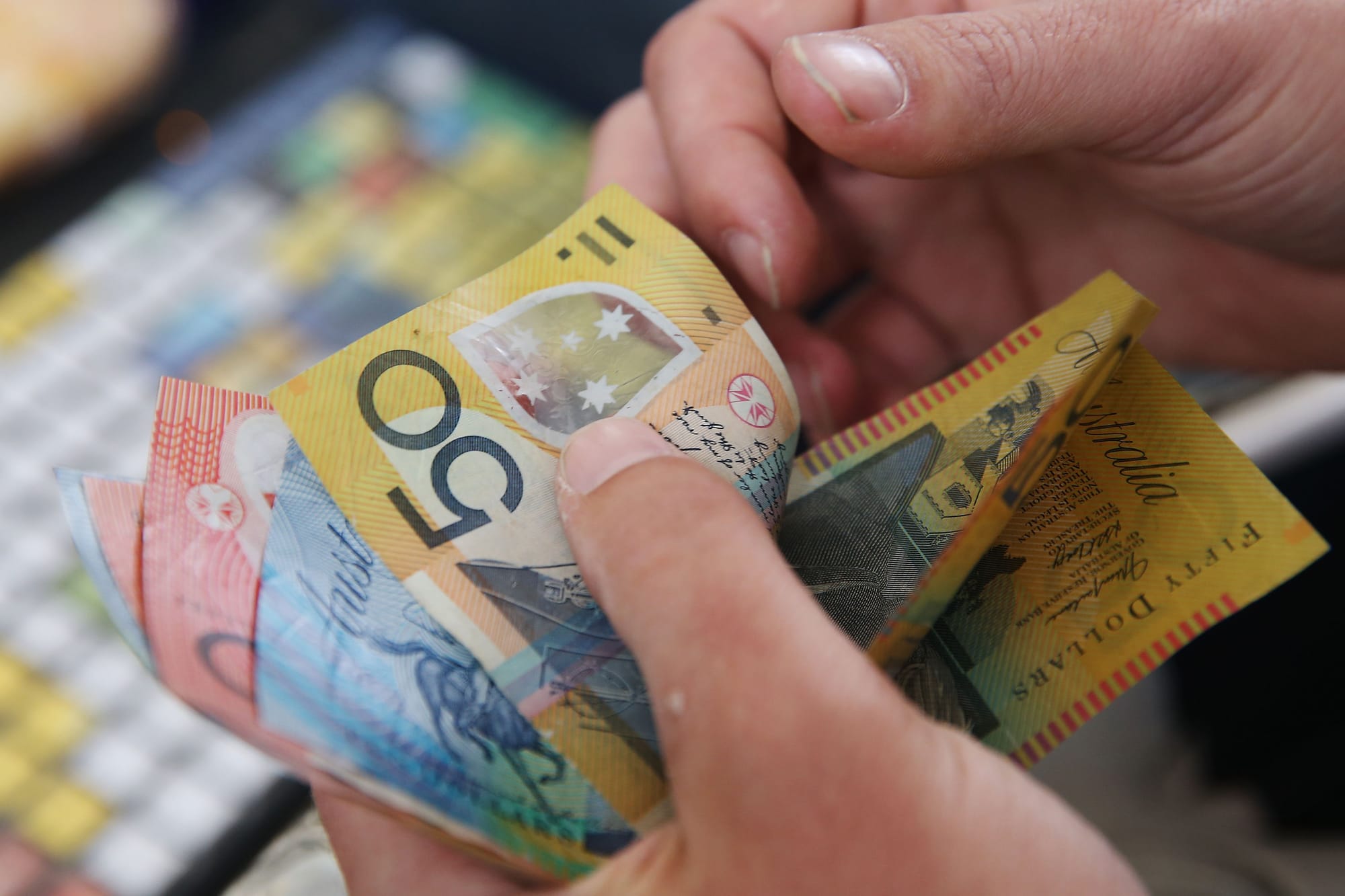
There is a widespread belief that this is behind the current decline in racing wagering turnover, which has dropped as much as 18 per cent over the past two years.
“We’re encouraged by those conversations, and that is encouraging in terms of the prospects of racing returning to strong growth at a market level,” Swanell said.
PointsBet confirmed it had paid over $111 million in taxes and product fees last financial year, $42.5 million of that in product fees for sports and racing.
Swanell is a personal advocate of racing, but his company is transitioning to becoming “sports first” – at least when it comes to turnover – faster than any other major corporate bookmaker in the country.
“We continuously get asked about our split between racing and sport, and, because of our capability from a technology perspective where we’ve positioned our brand, we do lean into sport more, but racing remains vitally important in Australia,” Swanell said.
“So we did make a comment that our turnover, now turnover’s different from revenue and it’s different from gross profit, but our turnover is heading more to 50-50.”
In releasing its final numbers for 2023/24, PointsBet reported a 17 per cent jump in revenue and 23 per cent increase of gross profit year on year, having come through the sale of its US interests.
Its normalised EBITDA was a loss of $1.8 million, which was significantly better than expected. The company, which also has burgeoning interests in Canada, is predicting a positive EBITDA of $11 million-$16 million next financial year.

